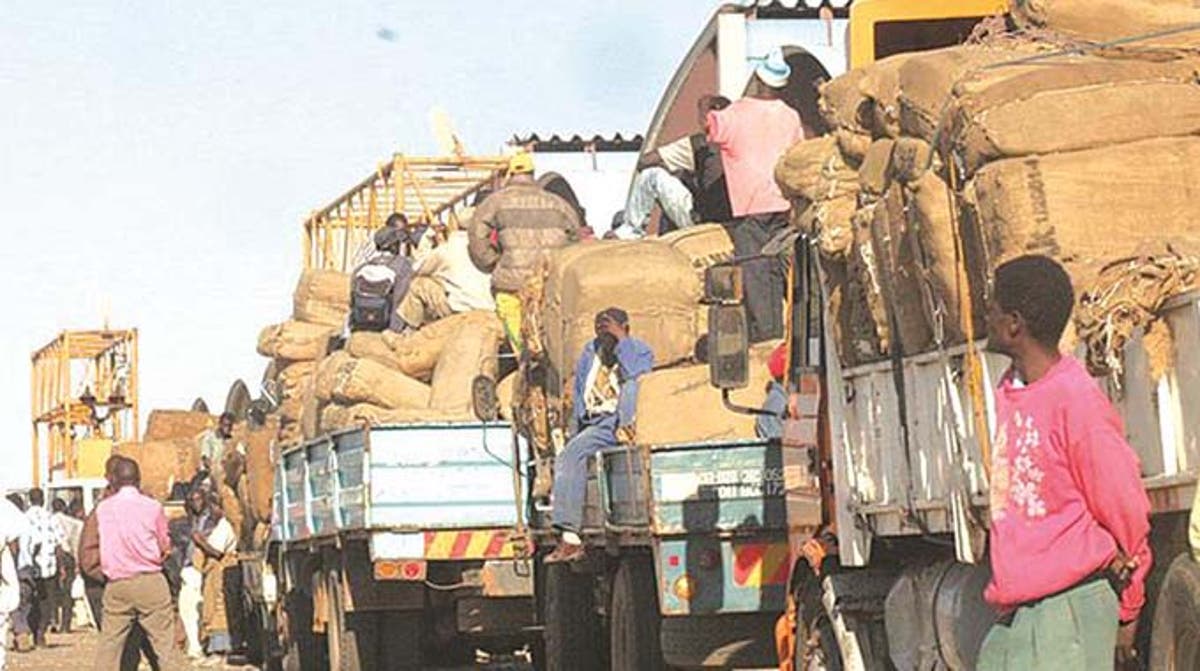Zimbabwe carbon credit programmes get two months to meet new rules
ZIMBABWE, which roiled the global carbon credits industry by cancelling offset programmes last week, will now give producers of the securities two months to comply with new rules including handing the State half of their revenue.
The rules include a mandatory level of at least 20 percent of revenue for local investors and a maximum of 30 percent for foreign investors.
They are meant to enhance benefits for the State and the communities that host the projects, Environment Minister Mangaliso Ndlovu told a packed meeting in the capital, Harare, on Monday evening.
“I want to see communities empowered. I want us to level the field,” Ndlovu said. “This is not for the elite to siphon as much money as they can.”
Still, last week’s announcement that the projects were “null and void” with immediate effect highlighted to investors in the US$2 billion global industry that governments can change the rules overnight, jeopardising projects.
The African nation is the world’s 12th largest creator of offsets, with 4,2 million credits from 30 registered projects last year, according to Bloomberg.
A single carbon credit represents a ton of carbon dioxide equivalent either removed from the atmosphere or prevented from entering it in the first place.
Those securities are bought by producers of climate-warming gases who want to offset their emissions.
Money – Image taken from Pixabay
Programmes often consist of reforestation programmes as trees suck in carbon dioxide, effectively storing emissions.
The industry is projected to grow to as much as US$1 trillion per annum in 15 years.
The decision comes just days after Zimbabwe’s Cabinet declared as “null and void” all carbon credit programmes in the country.
All agreements in Zimbabwe will now have to pass through the Attorney-General’s office, Ndlovu said.
Traditional rulers, or chiefs, and municipalities have no legal standing to sign agreements, he said.
The country’s biggest project is in the northern area of Kariba, covering a 785 000-hectare (1,94M acre) swath of forest and is operated in part by the South Pole, the world’s leading seller of offsets.
“What we needed is clarity on the null and void statement,” said Charles Ndondo, managing director of Carbon Green Africa, which is invested in the Kariba project.
“If Government now tells us to regularise, we need to know the steps.”
While the Government attracted criticism for the abruptness of its announcement, Ndlovu said it had been working on the framework for three years and had consulted extensively.
“Whoever comes to help us extract has to come on fair terms and on level terms,” said Ndlovu.
“We are not at this point going to welcome those who will then come and tell us how to engage in the exploitation of those resources on their terms.”-chronicles









